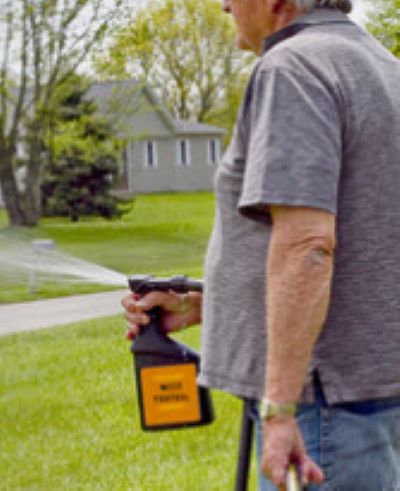Georgia Product Liability Case Against Monsanto

The country is closely watching a product liability case filed by a man in Georgia who claims that Bayer AG’s Roundup weed killer (as produced by Monsanto) caused his cancer. In late December, a federal appeals court agreed to review an earlier decision reviving the lawsuit – known as an “en banc” rehearing.
Plaintiff’s Injury, Defense, & Legal Basis of Claims
The plaintiff in the case was diagnosed with malignant fibrous histiocytoma – a type of cancer that often occurs in the soft tissue of the arms, back of the abdomen, legs and/or in the bone – and he claims that it was due to using the product Roundup for 30 years and its main ingredient, glyphosate.
The case is filed based on a state law dictating that the company must warn consumers of any cancer risks on the product’s label;’ Specifically, the case involves two strict liability claims due to a design defect (Count I) and failure to warn (Count II); as well negligence and breach of implied warranties (Count IV).
Bayer’s defense is that their label was approved by the U.S. Environmental Protection Agency (EPA), as is, based on the requirements of the Federal Insecticide, Fungicide, and Rodenticide Act (FIFRA), and this preempts any state law claims that have additional, particular requirements for labels. The EPA had classified glyphosate as not likely to be carcinogenic to humans.
Trial Process & Procedures
While the trial judge in Georgia originally agreed with Bayer/Monsanto, the 11th Circuit Court of Appeals in Atlanta reversed the decision, finding that preemption did not apply because Georgia’s product liability laws actually did not impose additional requirements beyond what is required by federal law. Specifically, the court found that even with EPA oversight at the initial registration stage, pesticide manufacturers like Bayer/Monsanto have a “perpetual” duty to continue to adhere to labeling requirements. This includes reporting any newly found adverse effects back to the EPA. The court also pointed out that FIFRA dictates that registration cannot be construed as a defense for requirements put forth by other laws.
Bayer has reportedly tried to create conflict with federal appeals courts in an effort to get the lawsuit before the U.S. Supreme Court and avoid a judgment holding them liable. If the courts find in favor of the plaintiff, the judgment could cost the company billions in damages.
Reach Out to Us Today for Help
Cases like these are insidious in that products that are too dangerous to be used by the general population can cause harm that accumulates over time, and isn’t discovered until many years later.
If you have questions or concerns about a potentially harmful product, contact our Macon product liability attorneys at the Law Offices of Buzzell, Welsh & Hill today.
Source:
reuters.com/legal/litigation/revival-roundup-weedkiller-cancer-case-be-examined-by-full-appeals-court-2022-12-20/
